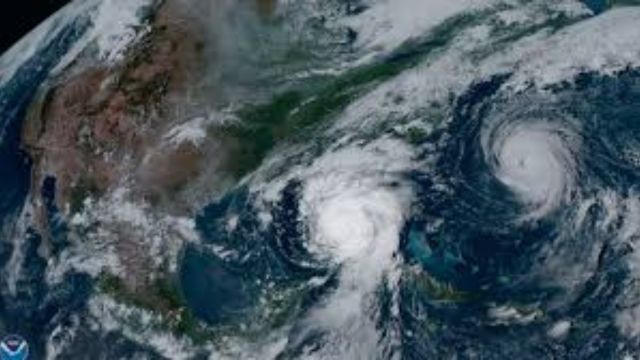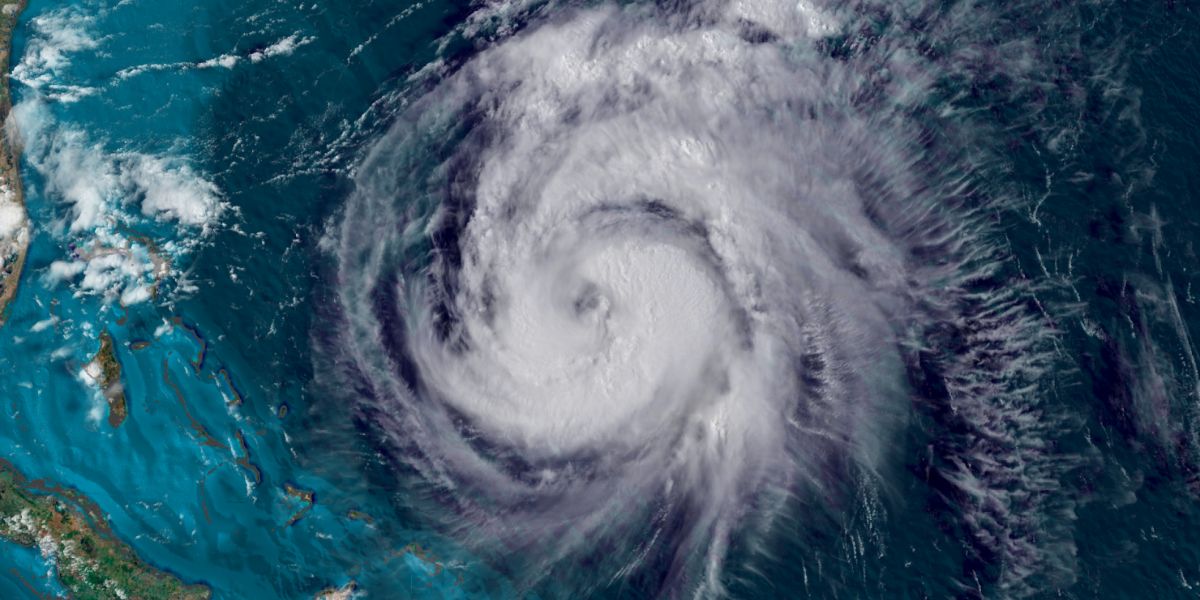MJP –
As the Atlantic hurricane season progresses, meteorologists are sounding the alarm for potential tropical activity in the coming weeks.
Experts have identified conditions conducive to the formation of a new tropical cyclone, raising concerns for coastal communities and emergency preparedness agencies.
Current Conditions Favor Cyclone Development
Meteorologists are closely monitoring several regions in the Atlantic where warm ocean waters and favorable atmospheric conditions could lead to cyclone formation.
The National Hurricane Center (NHC) has reported an uptick in tropical wave activity, which, when combined with enhanced moisture and low wind shear, creates an ideal environment for storm development.

Forecasters indicate that the likelihood of a tropical depression or storm forming within the next two weeks is significant, with several models suggesting a distinct possibility of a system organizing and intensifying.
Historical Context
Hurricane season runs from June 1 to November 30, with the peak typically occurring from mid-August to late October. While many have been fortunate to experience a relatively quiet season so far, the next few weeks often bring increased storm activity.
Storm Warning: Hurricane Milton Predicted to Bring Massive Problems to New York
In years past, late-season storms have produced significant impacts, including heavy rainfall, strong winds, and coastal flooding. Experts stress the importance of staying vigilant, as even a relatively weak storm can cause serious damage.
Preparedness Recommendations
In light of the potential for a new tropical cyclone, authorities urge residents in hurricane-prone areas to review their emergency preparedness plans. Key recommendations include:
- Create or Update Emergency Kits: Ensure you have essential supplies, including water, non-perishable food, flashlights, batteries, and first aid supplies.
- Stay Informed: Monitor local weather reports and updates from the NHC for the latest information on tropical developments and any potential evacuation orders.
- Review Insurance Policies: Check your homeowner’s or renter’s insurance to ensure you have adequate coverage for potential storm damage.
- Have a Communication Plan: Establish a way to stay in touch with family and friends in case of evacuation or power outages.
Conclusion
As we approach the latter part of the hurricane season, the potential for new tropical cyclones underscores the need for preparedness and awareness.
While forecasts are subject to change, residents in affected areas should remain alert and ready to respond to changing conditions.
By taking proactive steps, communities can better protect themselves against the impacts of severe weather.




